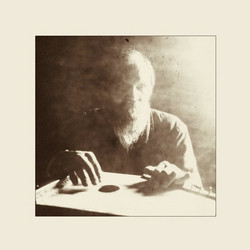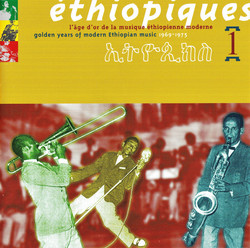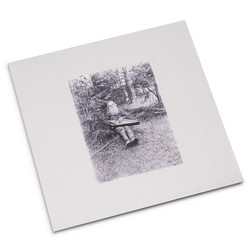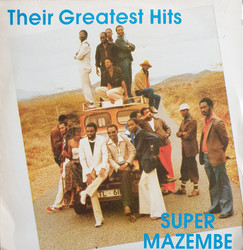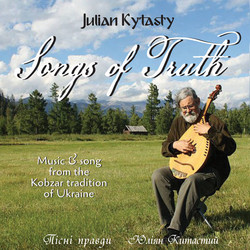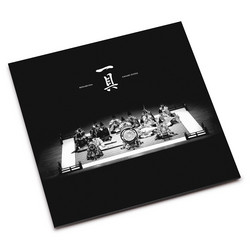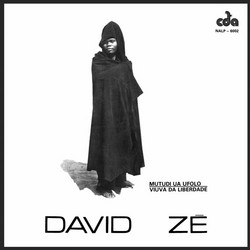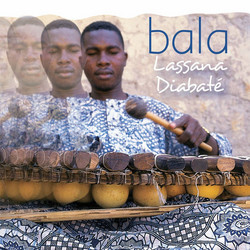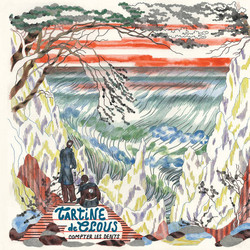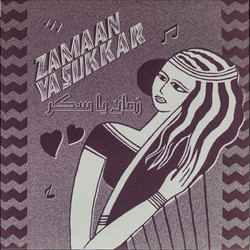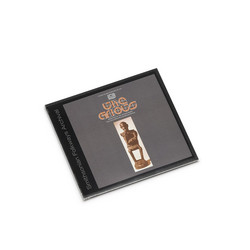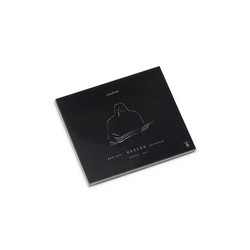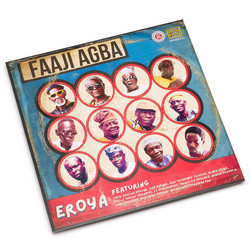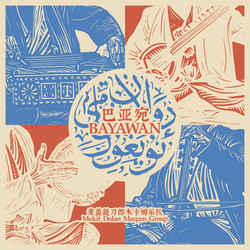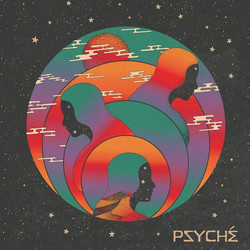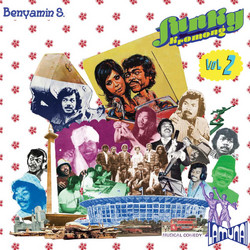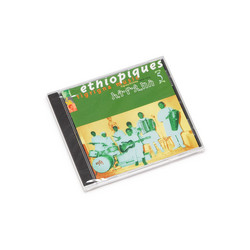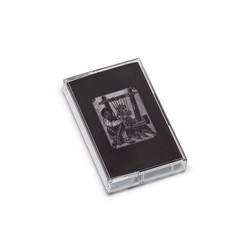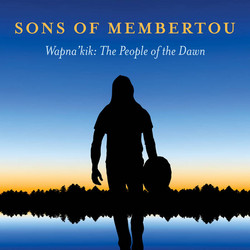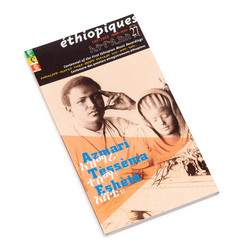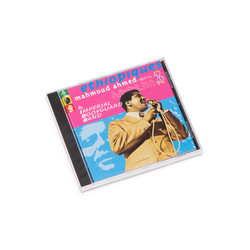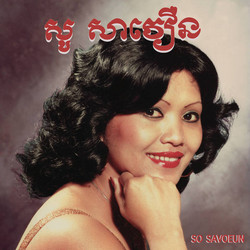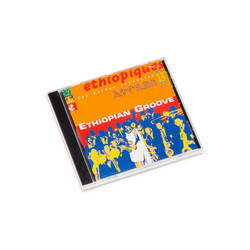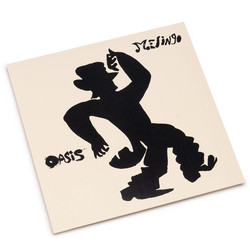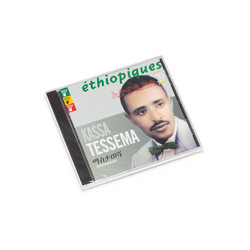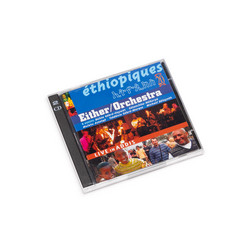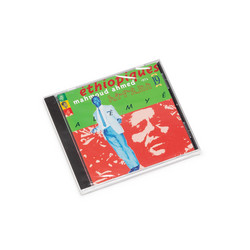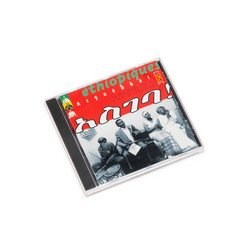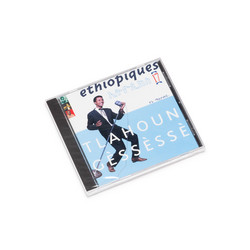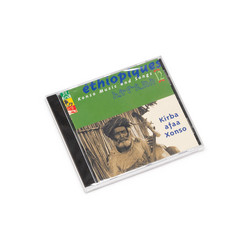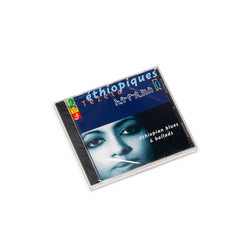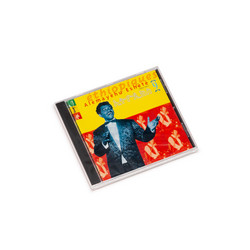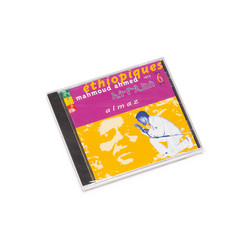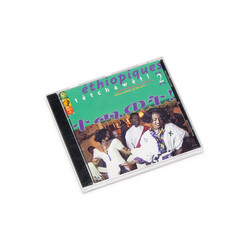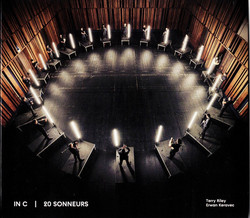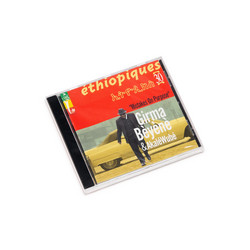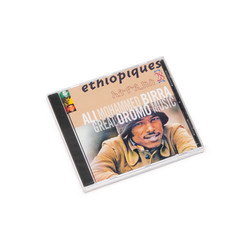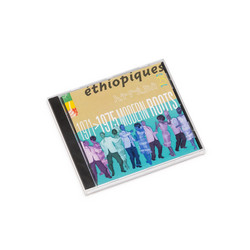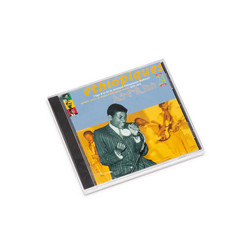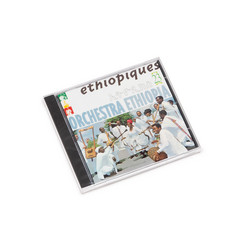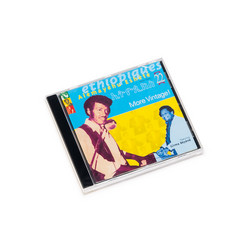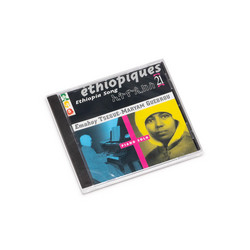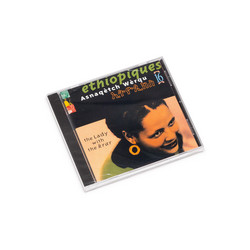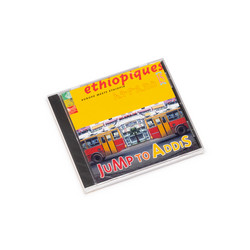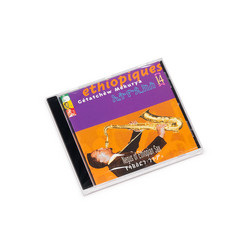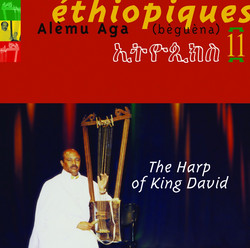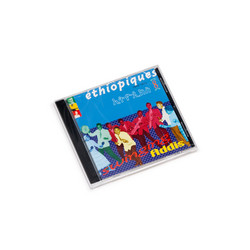*2024 stock* Sahra Halgan is an iconic artist from Somaliland, an independent country since 1991 but not recognized by the international community, formerly a British protectorate in northern Somalia. The granddaughter of a singer and poet, she devoted herself to singing and music in her teens, defying tribal and family conventions.
It was in the context of the war against the dictator Siad Barre's terrible repression in the 80s that Sahra earned her nickname "Halgan", the fighter, and her songs won the hearts of an entire people forever. An improvised nurse at the front, she sang to heal the wounded and encourage the fighters. But the fratricidal struggles that marked the end of the war forced her into exile, and it was France that granted her political asylum. There followed a life familiar to millions of uprooted people in Europe: discreet integration from below, raising a family, hard work... 20 hard years that kept her away from music.
In early 2010, she founded the Sahra Halgan Trio with two musicians from Lyon, Aymeric Krol on percussion (BKO) and Maël Salètes on electric guitar (Orchestre Tout Puissant Marcel Duchamp, L'étrangleuse). The band's popularity with European audiences and the European public and the diaspora that has never forgotten her, based on a minimalist musical form with a raw sound, carried by Sahra's unique voice and her tireless political commitment to the recognition of her country.
Since 2013, she has returned to settle in her hometown, Hargeisa, the capital of Somaliland, to realize a long-held dream to contribute to the refounding of her country: the creation of a place dedicated to living music and poetry, Hiddo Dhawr ("preserve culture").
In 2018, she recorded the album "Waa Dardaaran" under her own name, a polite way of addressing the powerful and venerable before making any demands. The original trio is joined by keyboardist Axel Oliveres (Grup Simsek, Guess What). On this vintage-sounding new album, the piercing warmth of Sahra's voice transcends unstoppable grooves and hypnotic riffs. As much for the dance floor as for the conscience, this new repertoire includes original compositions, traditional pieces and songs from the golden age of the Somali scene.
